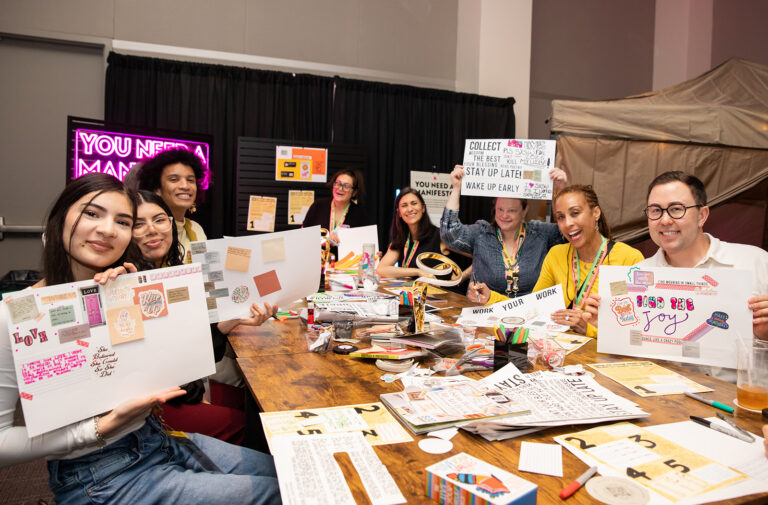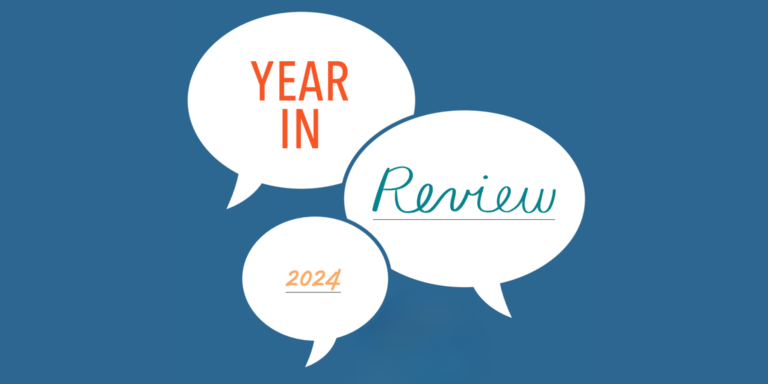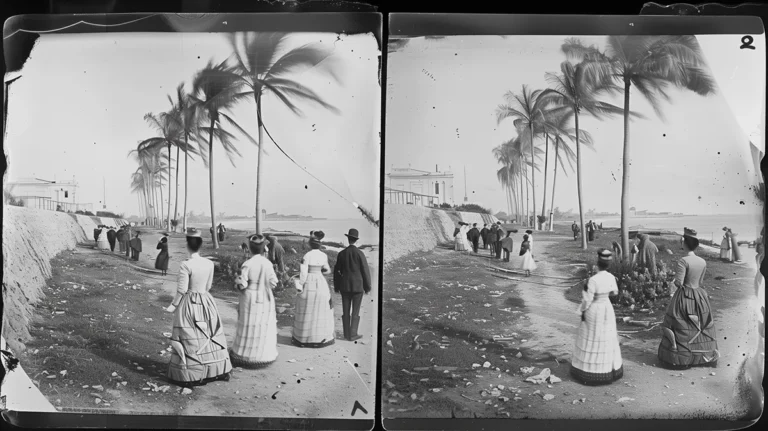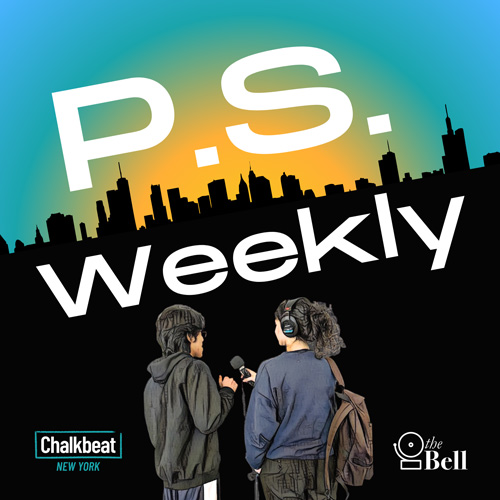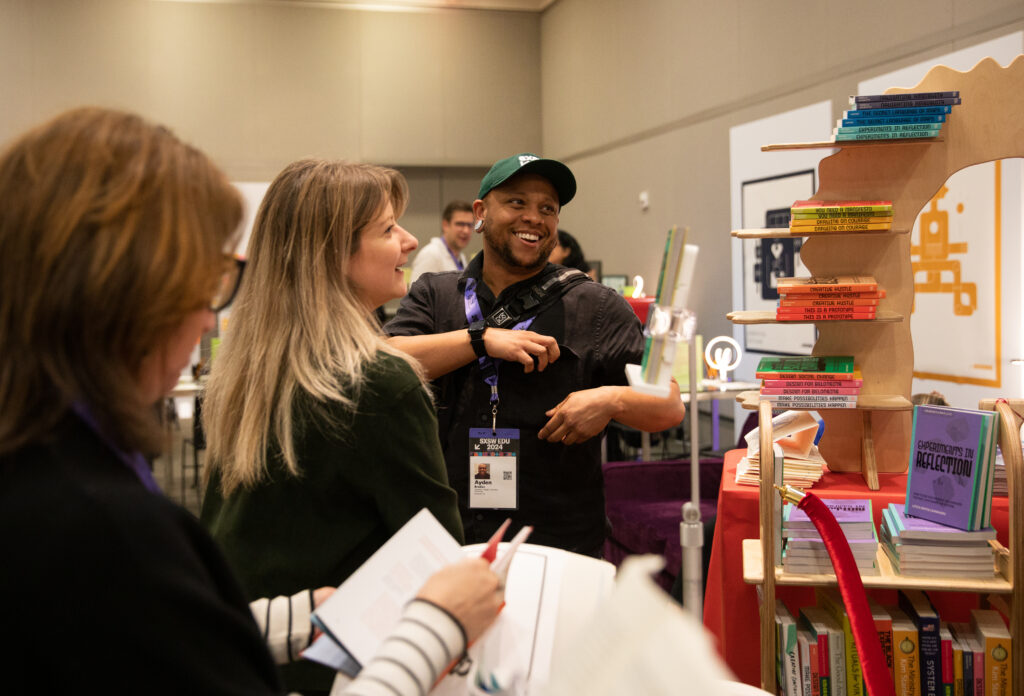
It’s so easy to get caught up in the grind at this midpoint of the year. At Siegel, we’ve been immersed in pushing our grantmaking forward and executing the strategy refresh we designed and rolled out at the beginning of the year. We’ve criss-crossed the country going to conferences and face-to-face meetings with partners. We’ve also got caught up in current events: an election that has devolved into political violence, a rapid news cycle that challenges our sense of stability in the world, and a hundred other things we each face in our daily lives. And on top of all that, there’s the continuous evolution brought on by emerging technologies, quietly shifting how we live, work, and participate in our communities. It can be a constant battle to maintain our optimism, even from our privileged position.
As always, I look to our work to try to make sense of it all. And when I step back from the details to look at the bigger picture—considering our major wins, lessons learned, missed opportunities, and plans for the second half of the year, and everything in between—two major themes emerge: adaptability and pragmatism.
Adaptability because much like the emerging technology we follow, our strategy and implementation over the past six months have been ever-evolving. At the end of 2023, I stated that we were “grounded in inquiry and driven by relentless curiosity,” and I genuinely believe the team has embodied this. We’ve engaged in more cross-team collaboration than ever before and worked closely with grantees and experts as we continue to iterate on our approach. We’ve rolled out Giving Data, and despite a few technical hiccups, it has transformed our ability to analyze and elevate our various grant portfolios. The platform has supported our new Knowledge and Impact team’s work to surface learning and connections that would have otherwise gone under the radar, and enabled us to tell more stories of leaders in our network.
Pragmatism because like many of you, we are trying to find the right ways to think about how AI and other emerging technologies can be useful in our work, and aggressively contextualizing what they could mean for communities, systems, and most importantly, people. We’ve become what we’re calling “techno-pragmatists.” Neither optimist nor doomsayer (or perhaps equal parts of both), a techno-pragmatic approach is centered on problems, and uses technology if and as it makes sense to address them. It considers technology in service of people, not the other way around. And it grapples with the ubiquity and potential of technology while acknowledging its limitations and those of the ecosystem that creates it.
The throughline in all of this is remaining steadfastly grounded in our north star and mission: to understand and shape the impact of technology on society. Our chairman, David Siegel, has also been out in the world helping to make sense of new technologies in realms beyond our philanthropy. His views serve as a continual reminder to balance responsiveness with a long-term vision, which has been crucial in making sense of both the daily grind and the big picture. We’ve leaned on this guidance several times this year, allowing us to invest in research and deep thinking while remaining available to our grantees and partners. When we successfully align both scales and timelines, we accelerate most rapidly toward our shared vision.
We know that this year is only halfway through, and events may unfold both globally and locally that will shake us to the core. The Siegel community of grantees, partners, and friends has grown in size and hopefully, in the depth of relationships we all have. I’d urge us all to lean on one another, drawing from each other’s strengths, insights, and collaborative spirit to continue building the world we deserve. With that, I invite you to read on and learn about some of the major focuses Siegel explored in our grantmaking and work during the first half of this year.
Sincerely,
Katy Knight
President & Executive Director
Siegel Family Endowment
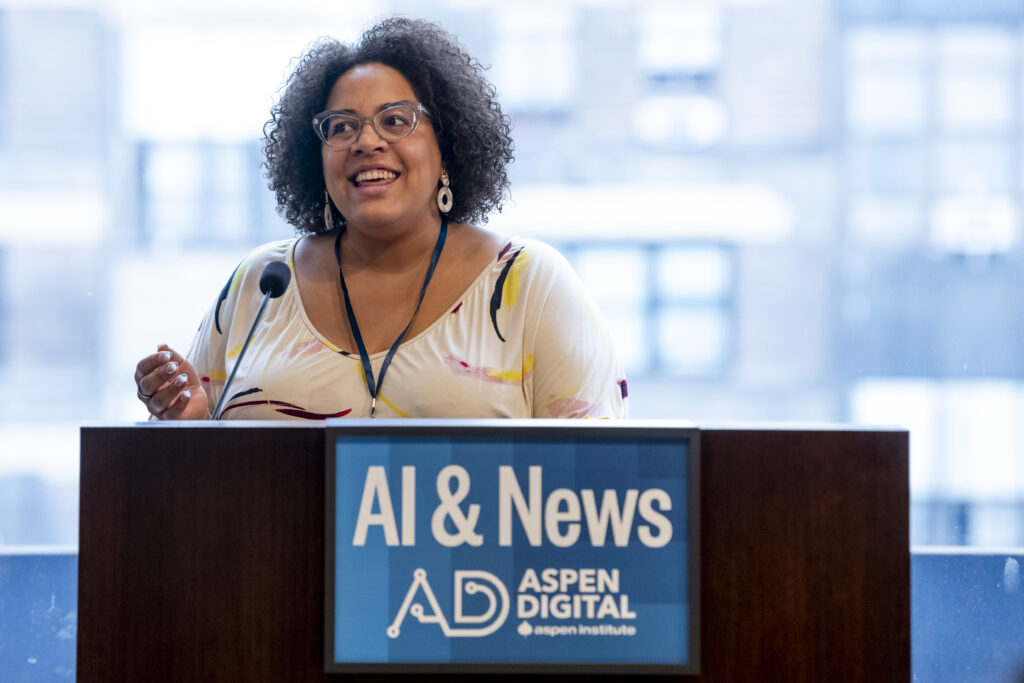
Reflections and Trends from H1
Ushering in the Future of Education: Schools as Community Infrastructure
Among all of the AI uncertainty, we’re leaning on what we know works. This year we launched our own learning challenge, receiving over 260 applications and 40 selected for the phase 2 accelerator. We once again supported the Learning Tools Competition, which will be announcing the 2024 winners at the end of this month. We activated an interactive space at SXSW EDU, as well as hosted conversations with education, philanthropy, and tech leaders at ASU+GSV and the Education Writers Association. And we’ve brought on new and renewed grantee partners each working to advance teaching and learning forward – from flexible, competency based learning structures to AI tools created for and by teachers.
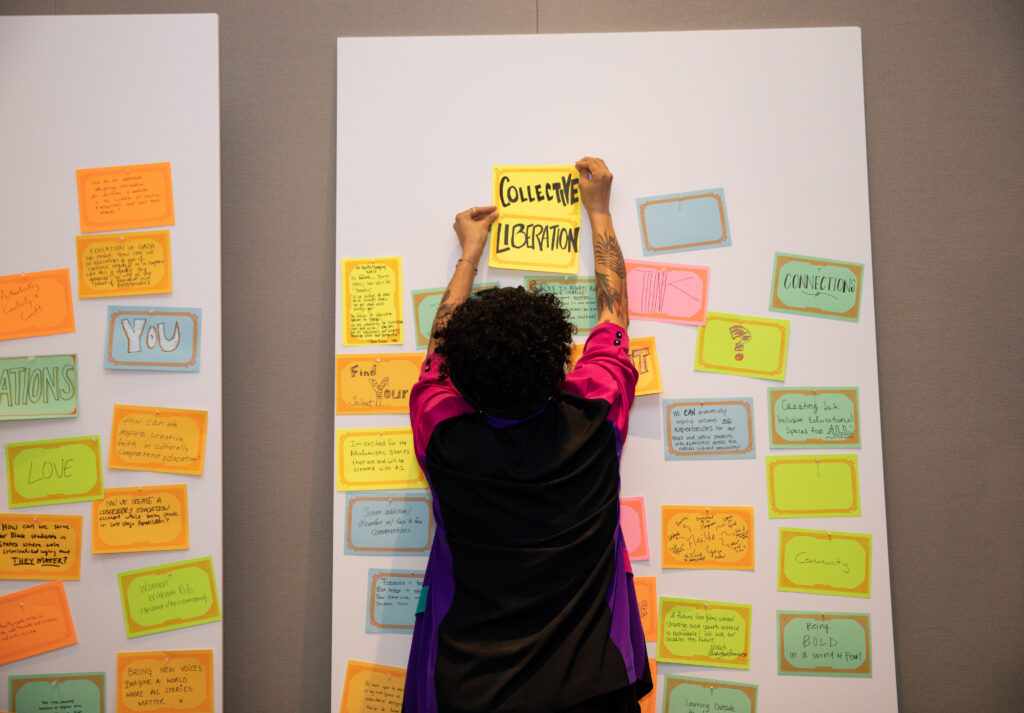
Building the Public Interest Tech (PIT) Ecosystem
We had the privilege of participating in a convening hosted by the White House Office of Science and Technology Policy (OSTP), celebrating the vital role of government technologists and highlighting efforts to build a robust, inclusive technology landscape. Our Chairman, David Siegel, shared our vision for a thriving public interest tech sector, showcasing our work and commitment. This dedication was also highlighted in a White House fact sheet.
Our work doesn’t stop there! Alongside NSF and philanthropic partners, we launched the Responsible Design, Development, and Deployment of Technologies (ReDDDoT) program, which invited proposals from multidisciplinary, multi-sector teams that examine and demonstrate the principles, methodologies, implementations, and impacts associated with responsible design, development, and deployment of technologies. With Roadtrip Nation, we’re fueling a country-wide road trip for three young people to explore a wide range of careers in PIT. They will delve into opportunities across research and academia, government and policy, nonprofits and foundations, and more. We expect to announce the next round of PIT and community-driven digital infrastructure grantees this fall.

Advancing Inquiry Through Research
Our research team has been diligently working behind the scenes to craft and shape our inquiry areas, and pull into view some of the largest, thorniest questions facing society today. We hosted a Siegel Research Fellows convening with our 2023-2204 cohort in Washington DC where the fellows and research team further dissected these questions and forged connections between their different areas of work. Our in-house fellow, Owen Davis, released a working paper on AI and the workforce, which hopes to broaden conversation around AI and the workplace beyond just task automation.
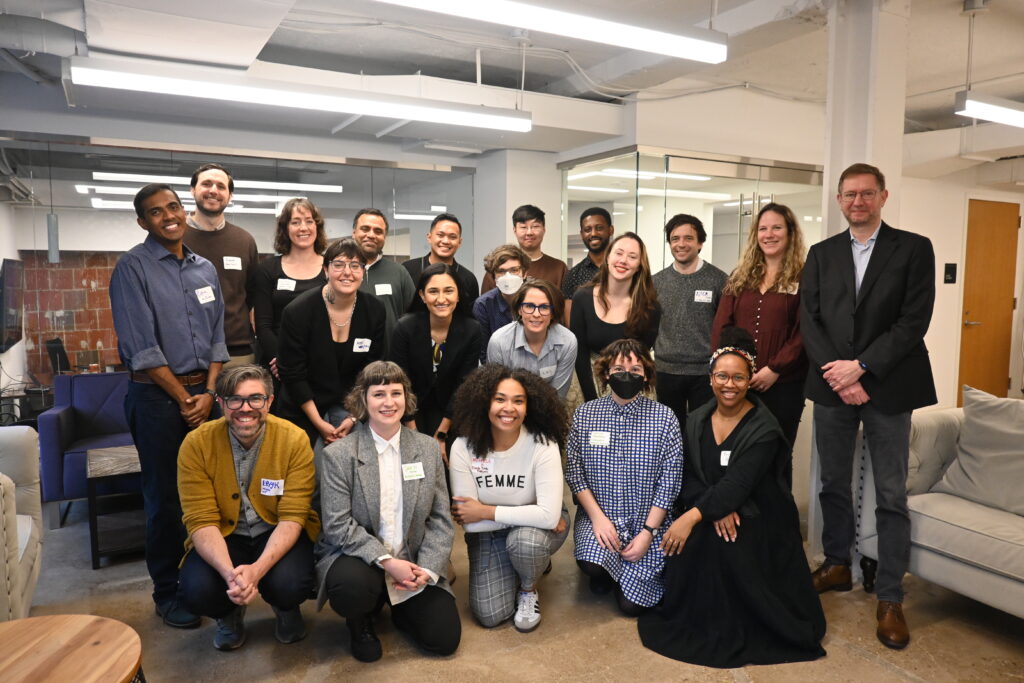
Welcoming Our New Knowledge and Impact Team
Our new K&I team will both collaborate with individual grantees to identify shared questions and learning goals, as well as reach across all grantees to find threads and share insights with the broader sectors and systems we seek to transform.
Grants to Date, 2024
| Alder Graduate School of Education | $100,000 | Learning |
| Allegheny Intermediate Unit, Forge Futures Summit | $100,000 | Ancillary |
| ASU Foundation | $250,000 | Learning |
| Aurora Institute | $100,000 | Learning |
| Big Thought | $75,000 | Learning |
| Biodesign Challenge | $65,000 | Ancillary |
| Brown University | $10,000 | Chairman’s Initiative |
| Building 21 | $250,000 | Learning |
| Carnegie Hall Corporation | $200,000 | Chairman’s Initiative |
| Center for Curriculum Redesign, Inc. (Realign Education) | $20,000 | Learning |
| Center on Rural Innovation | $1,000,000 | Workforce |
| CitizensNYC | $75,000 | Ancillary |
| Common Sense Media | $150,000 | Learning |
| CommunityShare | $75,000 | Learning |
| Computer Science Teachers Association (CSTA) | $150,000 | Learning |
| COOP Careers | $250,000 | Workforce |
| Cornell University (Cornell Tech Public Interest Tech) | $1,000,000 | Infrastructure |
| CSforAll | $500,000 | Learning |
| Education Reimagined | $1,000,000 | Learning |
| Educopia Institute, Inc. (The Maintaners) | $125,000 | Infrastructure |
| Feedback Labs | $200,000 | Effective Philanthropy |
| Georgia State University (Learning Tools Competition) | $1,000,000 | Learning |
| Hoff-Barthelson Music School | $24,000 | Chairman’s Initiative |
| ICA Fund | $350,000 | Workforce |
| Institute for Advancing Computing Education (CS Ed Research) | $75,000 | Learning |
| Just Capital Foundation | $100,000 | Workforce |
| KIPP New York | $100,000 | Learning |
| Lean Lab | $250,000 | Learning |
| Massachusetts Institute of Technology | $100,000 | Chairman’s Initiative |
| New America (build4good) | $150,000 | Infrastructure |
| New York Buddhist Church | $10,204 | Chairman’s Initiative |
| Princeton University | $100,000 | Chairman’s Initiative |
| Project Invent | $75,000 | Learning |
| Project Tomorrow | $75,000 | Learning |
| Pursuit | $1,000,000 | Workforce |
| Quill | $150,000 | Learning |
| Regional Plan Association (RPA) | $100,000 | Infrastructure |
| Reimagine America’s Schools | $65,000 | Ancillary |
| Roadtrip Nation | $350,000 | Infrastructure |
| Robin Hood | $1,000,000 | Learning |
| Robin Hood | $1,165,585 | Learning |
| Scratch Foundation | $2,500,000 | Learning |
| Stanford Design School: K12 Lab | $150,000 | Learning |
| State Educational Technology Directors Association (SETDA) | $66,000 | LearningState Educational Technology Directors Association (SETDA) $66,000 Learning |
| STEM From Dance | $50,000 | Ancillary |


